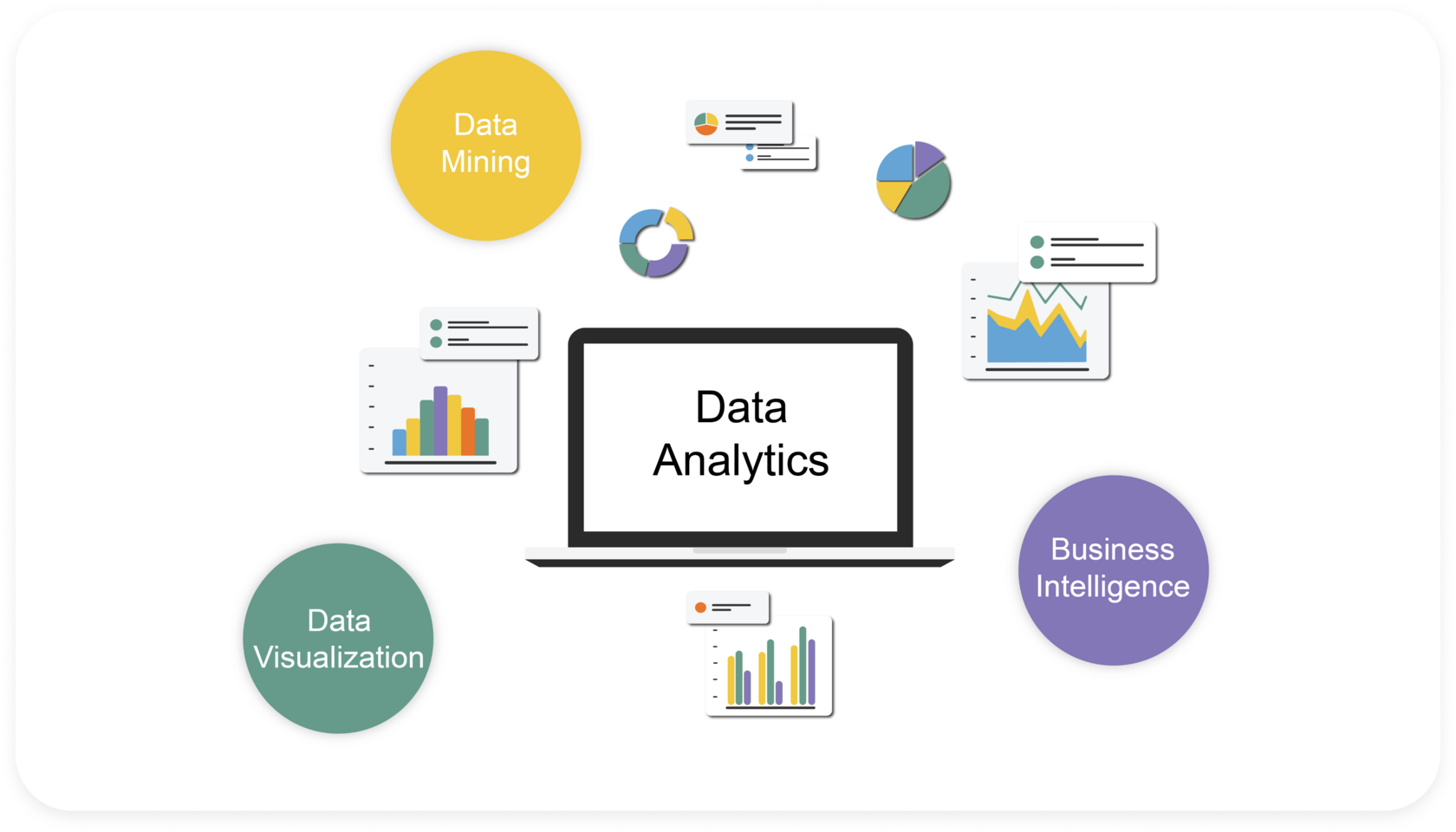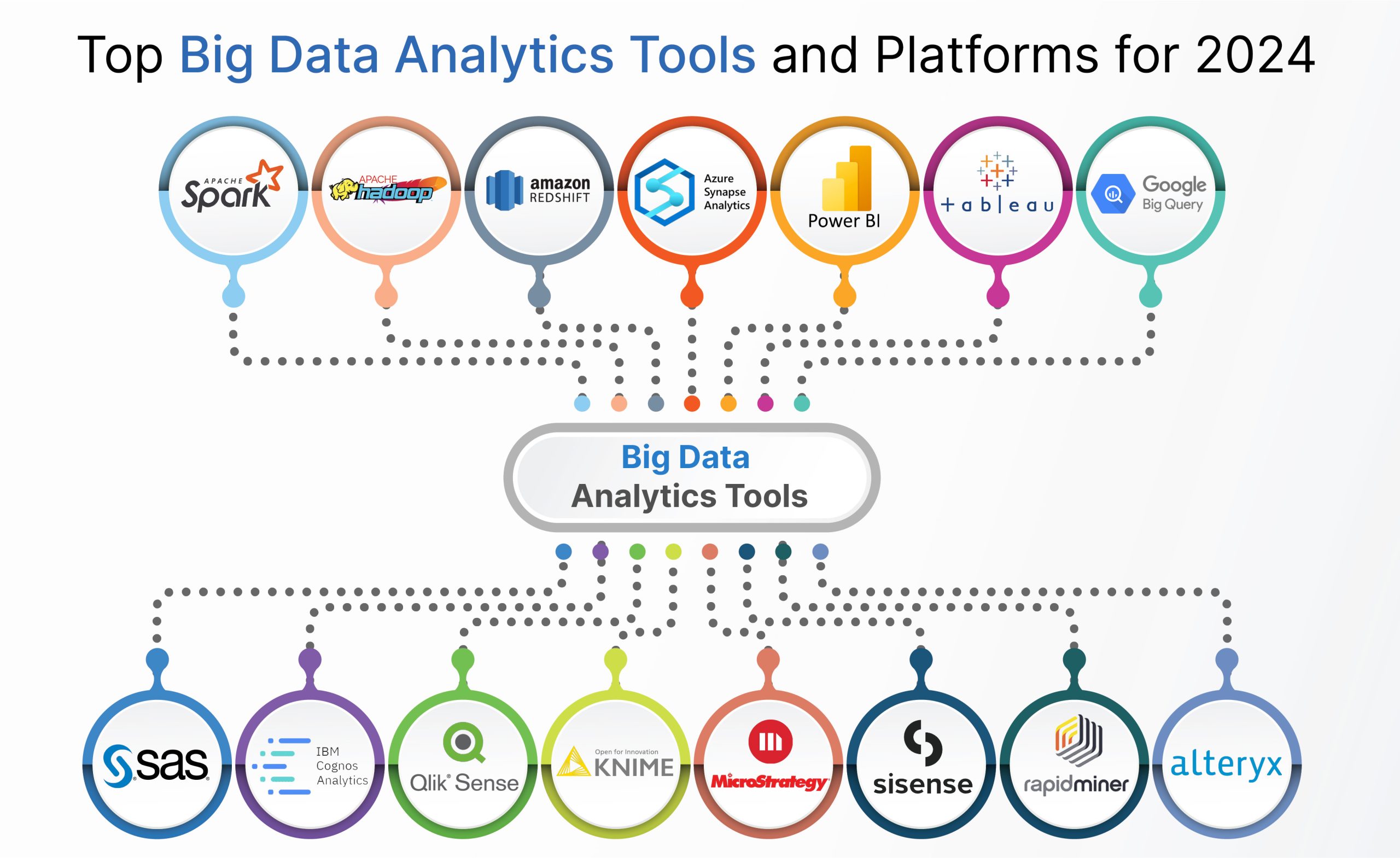Improve Client Comprehending with Targeted Analytics Models
Improve Client Comprehending with Targeted Analytics Models
Blog Article
Optimize Growth: Just How Analytics Drive Better Approaches
In today's data-driven landscape, companies increasingly identify the critical duty of analytics fit reliable development approaches. By using information insights, organizations can refine their functional methods, expect market changes, and improve client engagement. The obstacle lies not only in gathering information yet in efficiently interpreting it to drive concrete end results. As we explore the vital benefits and methodologies connected with analytics, an important concern emerges: exactly how can organizations ensure they are leveraging these understandings to unlock their full capacity? The solution may redefine the future of critical preparation.
Comprehending Data Analytics
Data analytics is a systematic computational evaluation of data that makes it possible for companies to uncover significant patterns and understandings. This procedure includes a selection of techniques, including analytical evaluation, predictive modeling, and data mining, which collectively aim to change raw information right into workable info - Analytics. By employing these methodologies, companies can make enlightened decisions that are rooted in empirical evidence as opposed to instinct alone
The structure of data analytics exists in its capability to deal with huge amounts of info from diverse sources. This includes structured data, such as data sources, and unstructured data, including social media sites interactions and consumer responses. With the use of specialized software program and tools, analysts can remove and refine this data successfully, recognizing patterns and relationships that might not be quickly obvious.
Recognizing data analytics also entails identifying the value of information quality and stability. Precise and dependable data is critical for significant analysis; hence, companies need to apply durable data administration methods. The repetitive nature of analytics permits for continuous improvement and renovation of approaches, making sure that companies stay dexterous in the face of transforming market dynamics and customer actions.
Key Advantages of Analytics

One of the vital benefits of analytics is its ability to provide actionable insights. Organizations can swiftly assess huge amounts of data, discovering patterns that might not be quickly noticeable.
Another considerable advantage is improved consumer understanding. Analytics tools allow companies to sector their audience, track consumer habits, and individualize advertising and marketing initiatives. This targeted technique not just enhances client engagement yet additionally drives higher conversion rates.

Implementing Analytics Methods
To completely realize the benefits of analytics, companies should adopt organized methods for implementation. This begins with plainly defining goals that line up with more comprehensive organization objectives. By developing specific, quantifiable end results, organizations can concentrate their analytics initiatives on areas that produce the greatest roi.
Following, companies visit this page must prioritize information administration to ensure the stability and safety and security of the data being analyzed. This entails setting up methods for information collection, storage space, and accessibility while adhering to appropriate regulations. Making sure top quality data is vital for generating purposeful insights.
Additionally, fostering a society of data-driven decision-making is necessary. This calls for training employees to interpret analytics findings and encouraging collaboration throughout divisions. They are a lot more likely to integrate insights right into their daily operations. when teams understand the worth of analytics.
Last but not least, companies should routinely examine and refine their analytics methods. The landscape of data and technology is continually evolving, and remaining versatile will Our site permit companies to take advantage of brand-new devices and techniques efficiently. By implementing these structured techniques, organizations can take full advantage of the effect of their analytics campaigns and drive lasting development.
Devices for Effective Analysis
Effective evaluation relies upon a range of tools that promote the extraction of understandings from information - Analytics. These tools can range from easy spreadsheet applications to innovative maker finding out systems, each serving an one-of-a-kind objective in the analytical procedure
Information visualization software, such as Tableau and Power BI, plays a crucial function in changing intricate datasets into easy to understand graphical depictions. These devices enable experts to recognize patterns and fads swiftly, permitting more educated decision-making.
Statistical evaluation software, like R and SAS, uses advanced capabilities for carrying out in-depth evaluations, including regression, theory screening, and predictive modeling - Analytics. These attributes encourage companies to draw purposeful verdicts from their data, determining potential chances and dangers
In addition, data source management systems such as SQL and NoSQL data sources give the needed facilities for keeping and querying large quantities of information efficiently. They make sure that information is organized and accessible for analysis.
Last but not least, business knowledge platforms integrate different data sources, offering a thorough view of business efficiency. By utilizing these devices successfully, organizations can improve their analytical capacities, enabling them to create methods that make best use of development and improve total efficiency.
Case Studies of Success
Successful companies typically take advantage of data analytics to drive impactful strategies, as evidenced by a number of notable study. One prominent example is Netflix, which makes use of sophisticated formulas to evaluate visitor choices and actions. By employing these understandings, Netflix has successfully tailored its material recommendations, causing raised customer interaction and customer retention. Their data-driven technique has actually undoubtedly added to their condition as a leading streaming solution.

Additionally, Starbucks employs information analytics to figure out ideal store places and improve its item offerings. By taking a look at client demographics and buying patterns, Starbucks efficiently determines high-potential markets and customizes its food selection to regional preferences, driving sales and consumer loyalty.
These situation researches illustrate that effective application of data analytics can result in tactical benefits, fostering development and growth within companies across various sectors.
Final Thought
In conclusion, the integration of analytics right into organizational approaches significantly boosts decision-making procedures and promotes sustainable growth. By leveraging data-driven understandings, businesses can identify fads, anticipate market shifts, and enhance procedures. The reliable execution of analytics tools additionally sustains dexterity and innovation, enabling organizations to browse competitive landscapes with higher precision. Eventually, a commitment to analytics not just drives instant efficiency renovations but additionally secures long-term success in an ever-evolving marketplace.
Information analytics is a systematic computational analysis of information that enables companies to discover purposeful patterns and understandings.Comprehending information analytics also entails recognizing the value of information top quality and honesty. Dependable and precise information is important for meaningful analysis; hence, organizations need to implement robust information administration practices.Next, organizations must focus on data governance to make sure the integrity and security of the data being assessed.Successful organizations commonly leverage information analytics to drive impactful strategies, as evidenced by a number of remarkable case studies.
Report this page